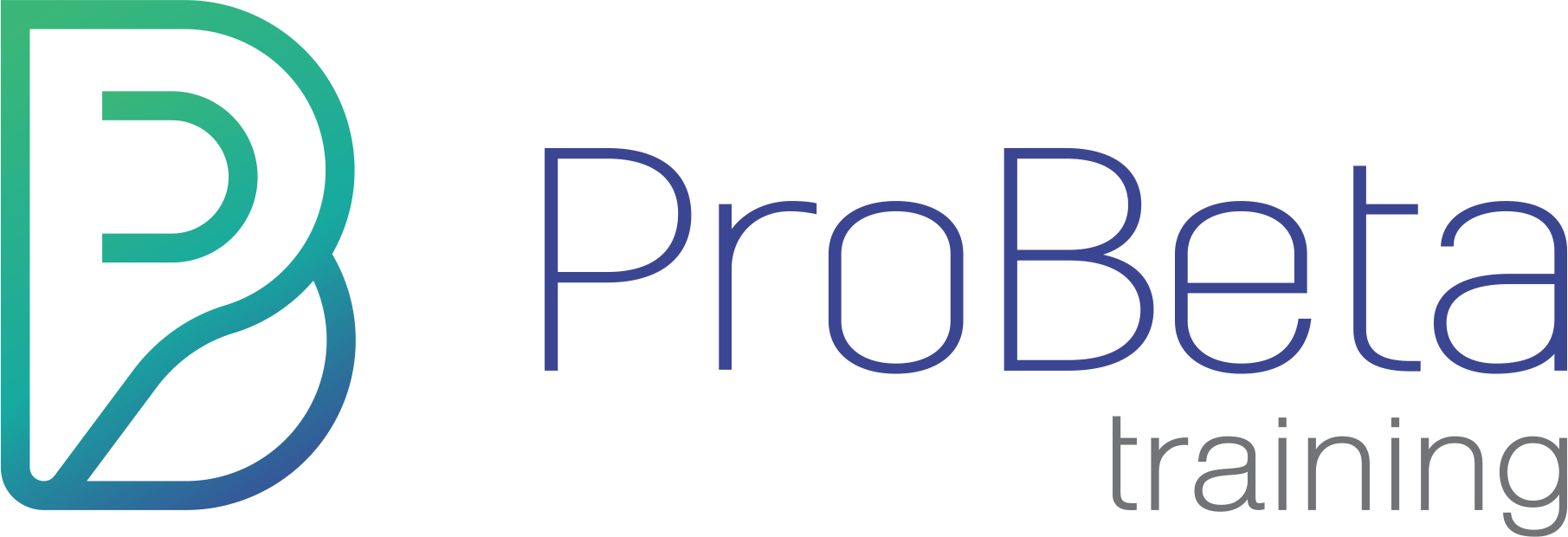Public Training Course
Junior Audit Engagement Simulation based on Draftworx
>> Click here to book this training as an In-House course <<
| Price: | R7475.00 (VAT Incl.) Per Person |
| Presenter: | Ms Yvonne Rossouw |
| Date: | 10 Feb '20 to 14 Feb '20 |
| Times: | Registration:08H00 Start:08H30 End:16H00 |
| Duration: | 5 Day |
| CPD Hours: | Attendance at this seminar will secure 33 hour/s verifiable CPD points including other professional bodies (SAICA, SAIBA, ACCA, IACSA, IRBA & etc) |
| Region: | Pretoria |
| Venue: | Lynnwood Conference Centre |
| Course Facilitator: |
Nerissa Singh
T: 011-886-1395 E: nerissa@probetatraining.co.za |
| Back Book Now | |
The aim of this auditing simulation is to prepare trainees for the real-world auditing environment.
This simulated audit workshop will teach trainees how to compile an electronic audit working paper file.
Delegates are provided the opportunity to conduct the audit procedures for a range of financial statement items.
After completing the workshop delegates will be able to complete the audit procedures for smaller audit engagements on their own with limited assistance and assist on bigger engagements with a high-level understanding of the audit procedures.
Inclusive of the course, the trainees will learn how to approach clients, how to work as a team, an element of assertiveness, time management, etc.
The course includes continuous formative assessments of attendees understanding, as well as role-plays and constant challenges.
Excel and Word will be used during the simulation for the preparation of working papers.
This is a practical course designed to give the trainees a very good knowledge of the documents they will receive from a client during an audit.
We provide source documents for all transactions and teach trainees how to understand and interpret the documents.
This course can be tailored for any type of audit methodology and software used.
Day 1
Introduction to the fundamental principles of auditing
• Professional scepticism
• Professional judgement
• Assertions
• Documentation requirements
• Independence declarations
Working paper preparation and best practices
• Golden rules for working paper preparation
• Lay-out of a working paper
• References to audit programmes
• Selection methods documented
• Legends
• Conclusions
• Cross-referencing and indexing of working papers
• Signing off on audit programmes
Preparing for the interview with the client
Interviewing the client and discerning relevant information to document knowledge of the business
Determining performance materiality
Understanding lead sheets Auditing property, plant and equipment
• Designing audit procedures per assertion for PPE
• Accounting policies
o Depreciation
o Residual values
• Acquisitions of PPE
• Disposals of PPE
• Profit and loss on the disposal of PPE
• Repairs and maintenance testing
• Insurance contracts
• Impairment testing
Day 2
Investment property
• Acquisition of a new investment property
• Use of a management expert
• Revaluation of the investment property
• Rental income
Investments
• Acquisition of listed shares
• Disposal of shares
• Profit and loss on the sale of shares
• Revaluation of shares
Inventories and cost of sales
• Stock take procedures
• Raw materials
• Finished goods
• Allocation of overheads to cost of sales
• Foreign purchases
• Net realisable value testing
• Cost of sales
Day 3
Trade and other payables
• Trade payables reconciliations
• Foreign creditors
• Subsequent payments
• Salary control account
Provisions
• Leave pay provision
• Provision for bonuses
• Provision for legal fees
Long-term liabilities (including instalment sale agreements and bonds)
• Bond agreement
• Instalment sale agreement
• Amortization tables
• Finance charges
• Short term portion of long term liability
Day 4
Revenue cycle
• Revenue detailed testing
• Revenue cut-off testing
• Credit note testing
• Credit note cut-off testing
• Revenue completeness testing
• Revenue test of controls
Trade and other receivables
• Subsequent receipts
• Accounts receivables confirmations
• Alternative procedures
• Provision for bad debts
• Analytical procedures – Number of days in debtors
Day 5
Cash and cash equivalents
• Bank reconciliation
• Bank confirmation
Income statement (analytical review)
VAT reconciliation
Finalisation and summary of course
First year trainee accountants who already have:
• B.Com or similar degree; and
• Basic Microsoft Word, Excel and Windows skills.
• Delegates must bring their own computers with Microsoft office 2016 and draftworx loaded.
• All software must be fully licensed.
• All other material and stationery will be provided.
• If earlier versions are used, the menu’s might differ and certain functions might not work.
None
None
